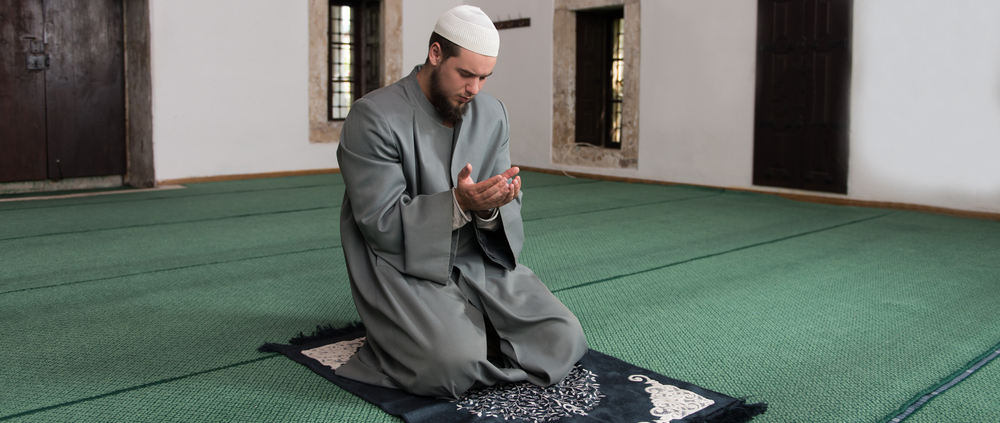What Happens to My Prayer If I Use Dhikr to Clear My Throat?
Shafi'i Fiqh
Answered by Irshaad Sedick
Question
What if I utter something during Salah that is considered dhikr, such as the Isti‘adhah (seeking refuge), but without intending to perform dhikr? For instance, I have mucus in my throat and wish to articulate words correctly before commencing the Tashahhud. In this case, I recite the Istiadhah primarily to confirm my pronunciation. Would my Salah remain valid? I came across information indicating that according to the Hanafi madhhab if one utters something during Salah without any specific intention, the Salah becomes invalid.
Answer
Shaykh Irshaad Sedick was raised in South Africa in a traditional Muslim family. He graduated from Dar al-Ulum al-Arabiyyah al-Islamiyyah in Strand, Western Cape, under the guidance of the late world-renowned scholar, Shaykh Taha Karaan.
Shaykh Irshaad received Ijaza from many luminaries of the Islamic world, including Shaykh Taha Karaan, Mawlana Yusuf Karaan, and Mawlana Abdul Hafeez Makki, among others.
He is the author of the text “The Musnad of Ahmad ibn Hanbal: A Hujjah or not?” He has served as the Director of the Discover Islam Centre and Al Jeem Foundation. For the last five years till present, he has served as the Khatib of Masjid Ar-Rashideen, Mowbray, Cape Town.
Shaykh Irshaad has thirteen years of teaching experience at some of the leading Islamic institutes in Cape Town). He is currently building an Islamic online learning and media platform called ‘Isnad Academy’ and has completed his Master’s degree in the study of Islam at the University of Johannesburg. He has a keen interest in healthy living and fitness.
